Associate Professor, Dr. Tran Dac Phu, former Director of the Department of Preventive Medicine (Ministry of Health), said: "In the case of Japanese encephalitis B (community often calls it Japanese encephalitis), after receiving 4 doses of vaccine, but still getting sick, the patient needs to be re-evaluated for the cause of the encephalitis. Because there are many causes of encephalitis, although Japanese encephalitis B is quite common in young children, especially when there is no expanded vaccination. The Japanese encephalitis B vaccine can only prevent Japanese encephalitis B, not encephalitis caused by other causes. Not to mention that the effectiveness of the vaccine is never 100%. Therefore, it is possible to get the disease even after being vaccinated."

Vietnam is in an area with Japanese encephalitis, after completing 3 basic injections, a booster shot will be required every 3 years until the age of 15.
Providing more information on the effectiveness of vaccines and vaccination, an expert from the National Expanded Immunization Program (EPI) added that there is a small percentage of people who are vaccinated but do not develop immunity. This is a personal factor, not due to the quality of the vaccine.
"In fact, some clinical trials have noted that while most study participants were immune and had antibodies after vaccination, there were some cases where four doses were given but no antibodies were produced," the expert said, and also shared: "Vaccines in general do not create 100% antibodies after vaccination, but the average protection rate is about 90 - 95%, depending on the type, for those who have been fully vaccinated. However, if vaccinated, if you get sick, the symptoms will be milder."
Explaining more specifically about the 13-year-old encephalitis case in Hanoi, diagnosed with Japanese encephalitis B, after receiving 4 doses of this vaccine, Dr. Do Tuan Dat, former Chairman of VABIOTECH Vaccine and Biological Products Company No. 1 (Ministry of Health), an expert with many years in the field of vaccine research and production, noted: "According to the instructions of the Japanese encephalitis vaccine, because Vietnam is in an epidemic area, after completing 3 basic injections, it will have to be repeated every 3 years until the age of 15. The above patient received the last injection in 2019, and now has to be re-injected. And if necessary, additional antibodies must be made to evaluate the effectiveness after injection."
Japanese encephalitis vaccine has a post-vaccination immunity rate of 95 - 100%, so families should always remember to fully vaccinate their children and get booster shots according to the advice of medical staff," Dr. Dat added.
Assessing the epidemic to implement the vaccination campaign
According to experts from the National TCMR, in recent years, the National TCMR has worked with localities to organize catch-up vaccinations and catch-up vaccinations for children who have not been fully vaccinated, so that children have antibodies and are best protected. In addition, the TCMR also has vaccination campaigns, in addition to regular vaccinations maintained at commune and ward health stations.
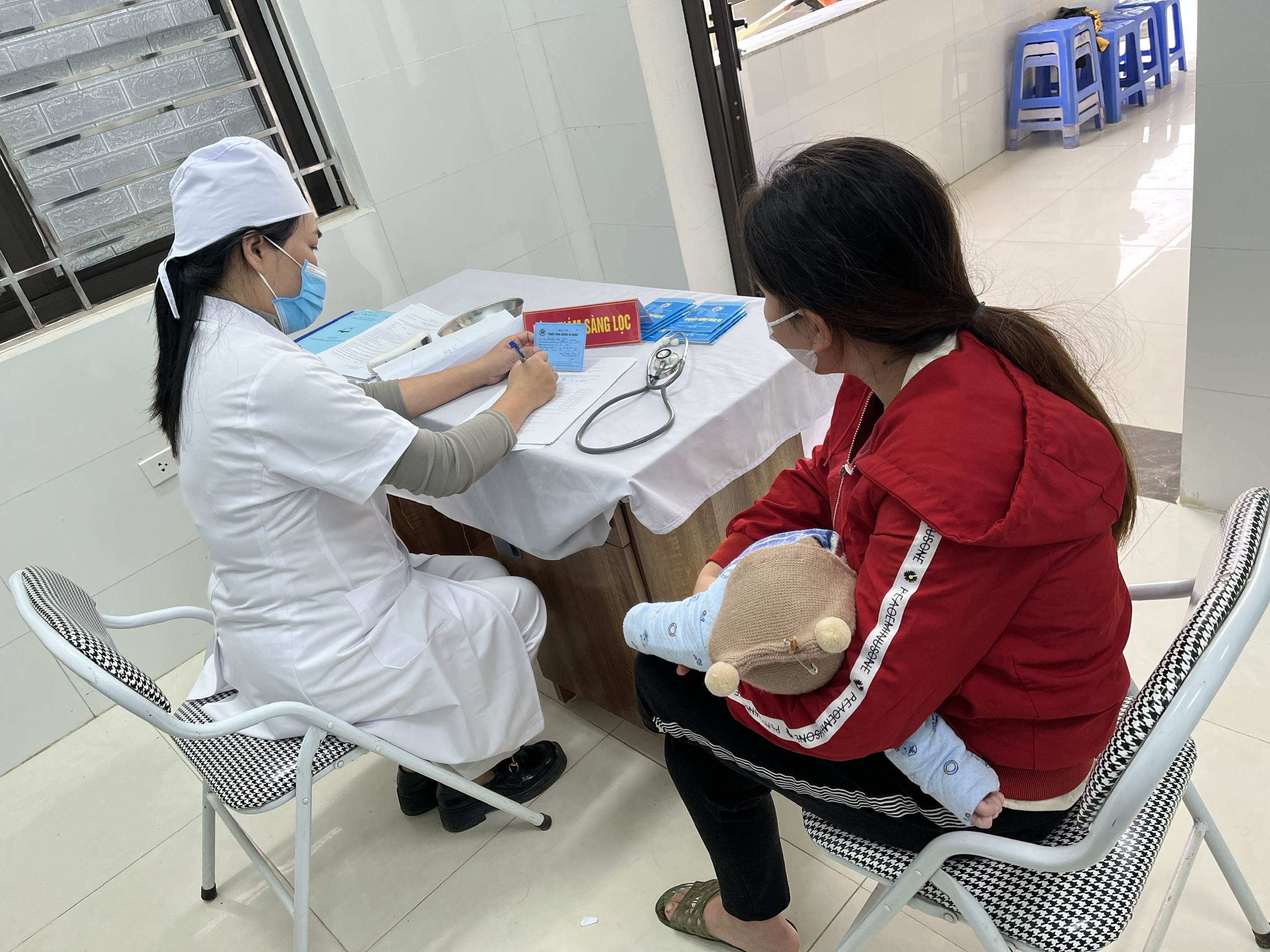
To prevent dangerous infectious diseases, children need to be fully vaccinated, on schedule, and given catch-up vaccinations after postponing vaccinations.
Vaccination campaigns are carried out based on actual disease developments in the locality to prevent outbreaks, or deployed in epidemic areas with risk factors, for example, those that have been vaccinated against measles-rubella, diphtheria or polio, Japanese encephalitis.
According to experts, in Hanoi, the rate of children in the age group of EPI who are fully vaccinated is high. The above Japanese encephalitis case is the first this year, and is still an isolated case, not raising the issue of vaccination campaign.
However, to protect children from dangerous infectious diseases, families still need to fully vaccinate their children on schedule and catch up on vaccinations if they have been delayed. Not only for Japanese encephalitis, but children also need to be fully vaccinated against infectious diseases for which vaccines are available.
The vaccines in the EPI are organized by the State, purchased from aid sources, and given free of charge to children of the right age.
Currently, the Japanese encephalitis B vaccine has the following vaccination schedule:
First injection: when the child is 1 year old
Second injection: 1 - 2 weeks after first injection
3rd injection: 1 year after 1st injection
The latest vaccination schedule updated by the Ministry of Health to date shows that there are 11 infectious diseases that require vaccination. Among them is Japanese encephalitis B.
Before the Japanese encephalitis B vaccine was deployed, the rate of children with this disease accounted for 50% of encephalitis cases. Currently, this rate has decreased to about 5 - 15%.
Source: https://thanhnien.vn/tiem-4-mui-vac-xin-vi-sao-van-mac-viem-nao-nhat-ban-185240616114515906.htm



![[Photo] Overcoming all difficulties, speeding up construction progress of Hoa Binh Hydropower Plant Expansion Project](https://vstatic.vietnam.vn/vietnam/resource/IMAGE/2025/4/12/bff04b551e98484c84d74c8faa3526e0)



![[Photo] Closing of the 11th Conference of the 13th Central Committee of the Communist Party of Vietnam](https://vstatic.vietnam.vn/vietnam/resource/IMAGE/2025/4/12/114b57fe6e9b4814a5ddfacf6dfe5b7f)
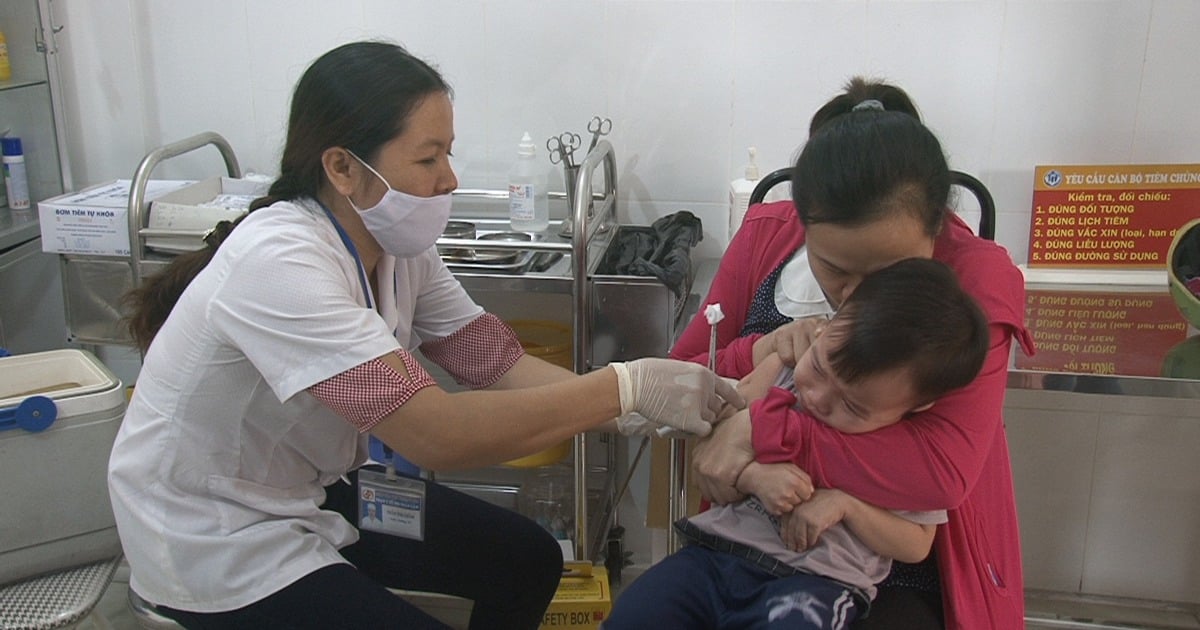

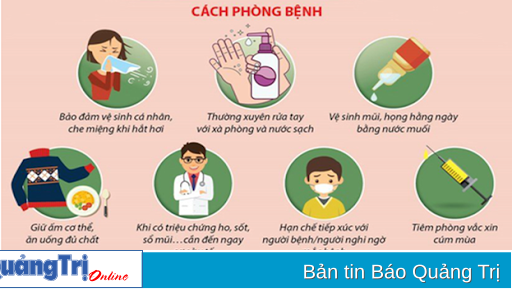

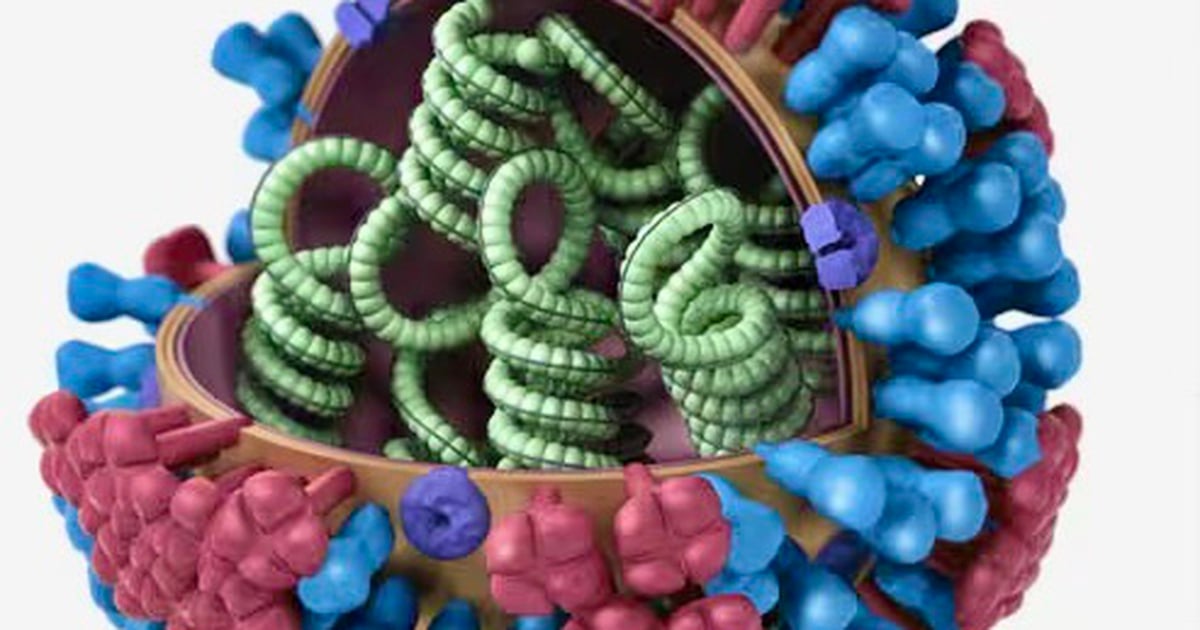
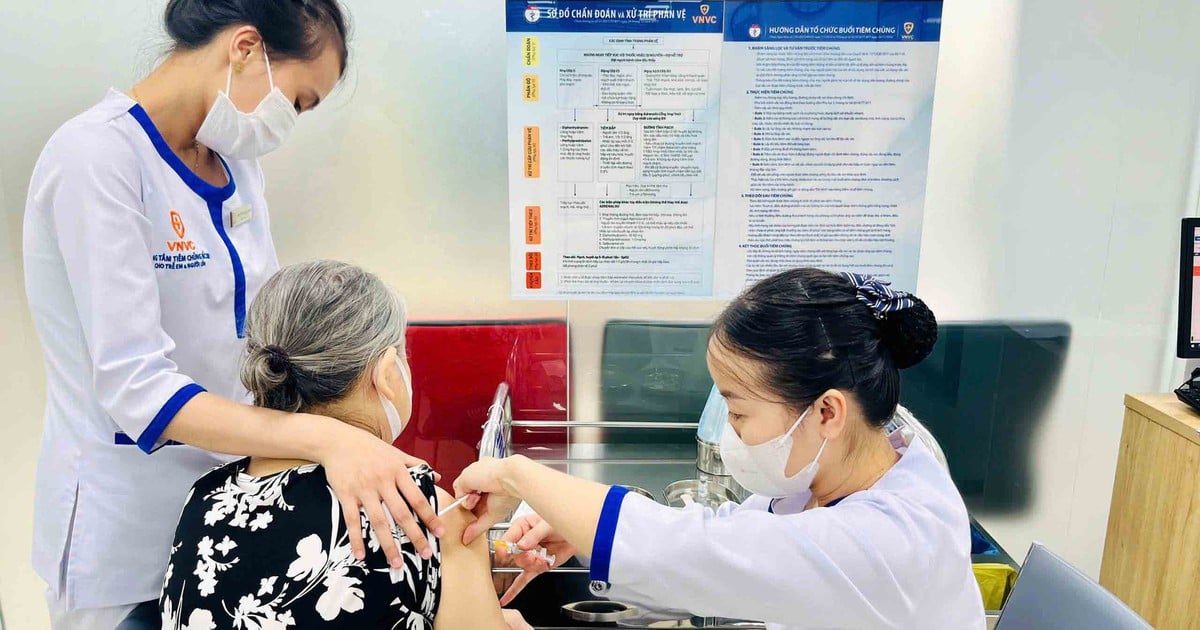


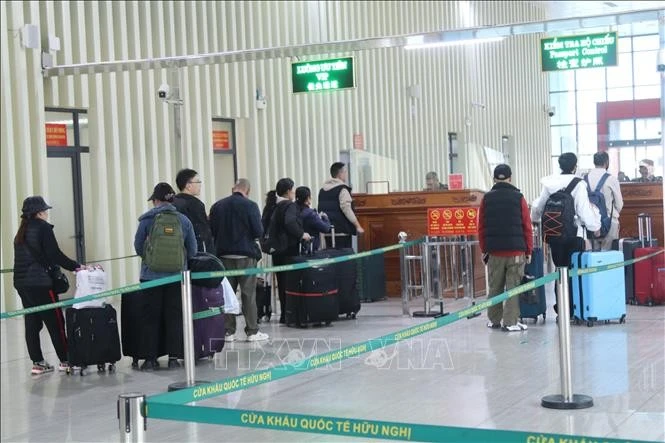



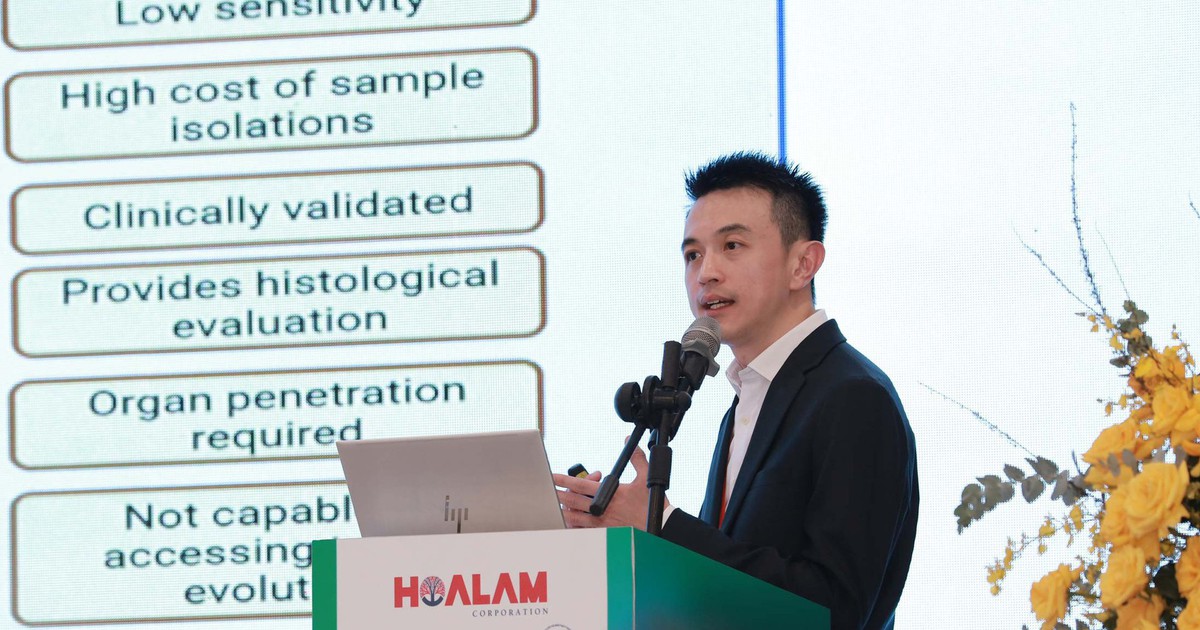
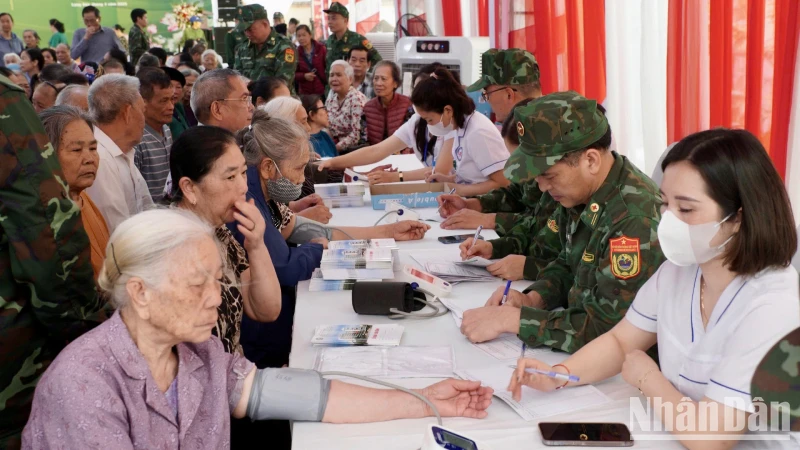




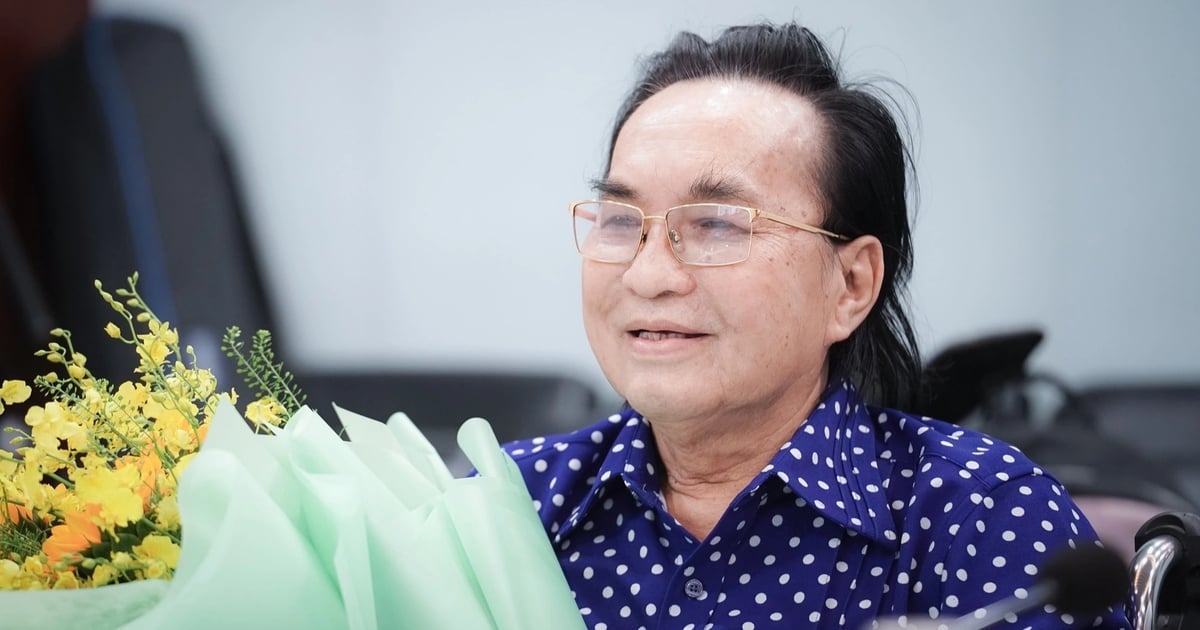
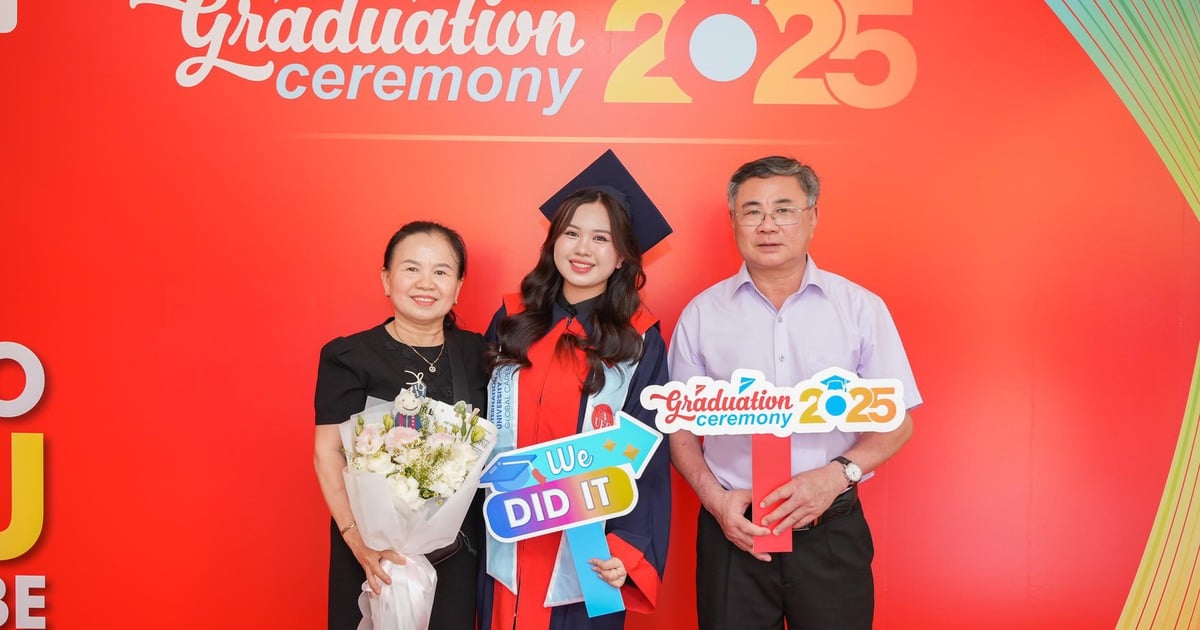
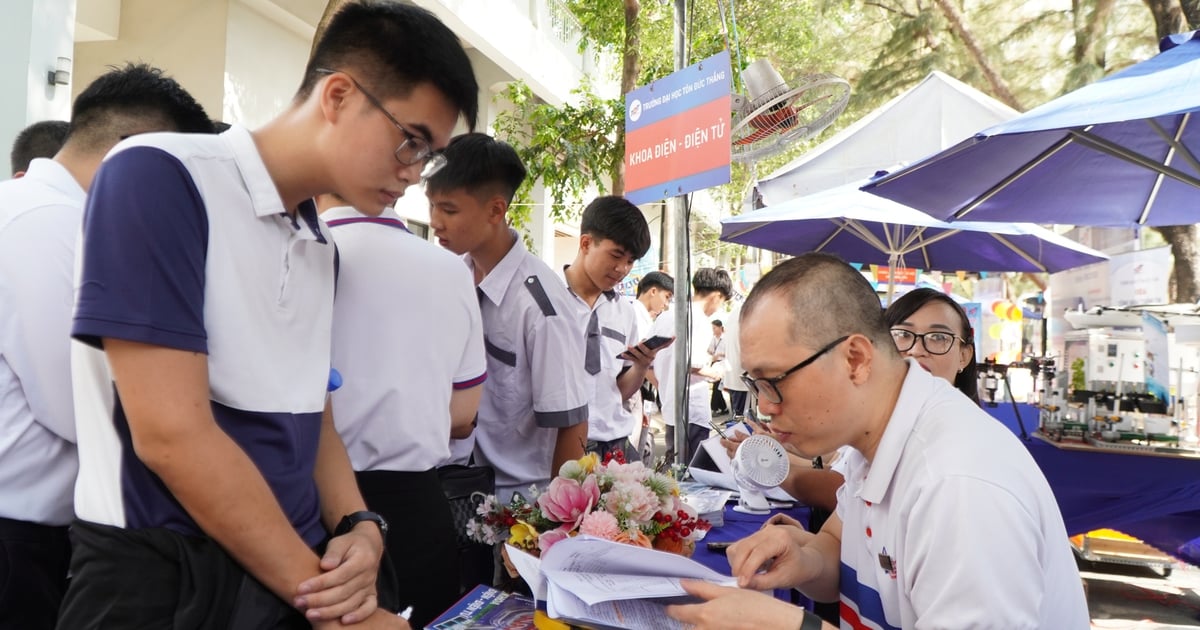
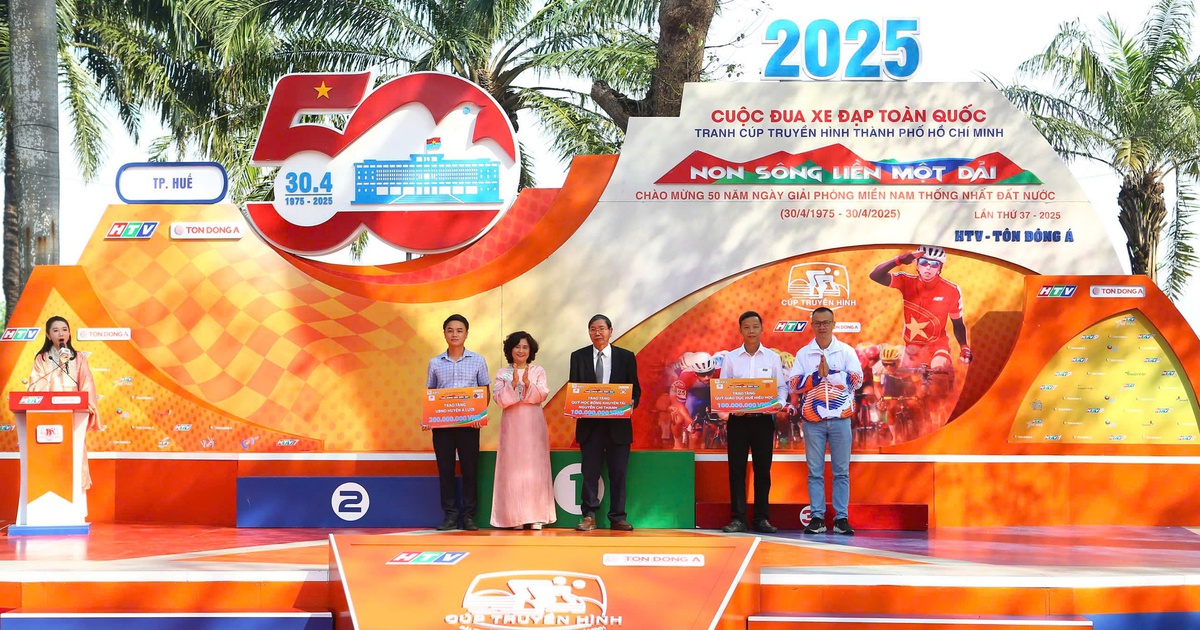
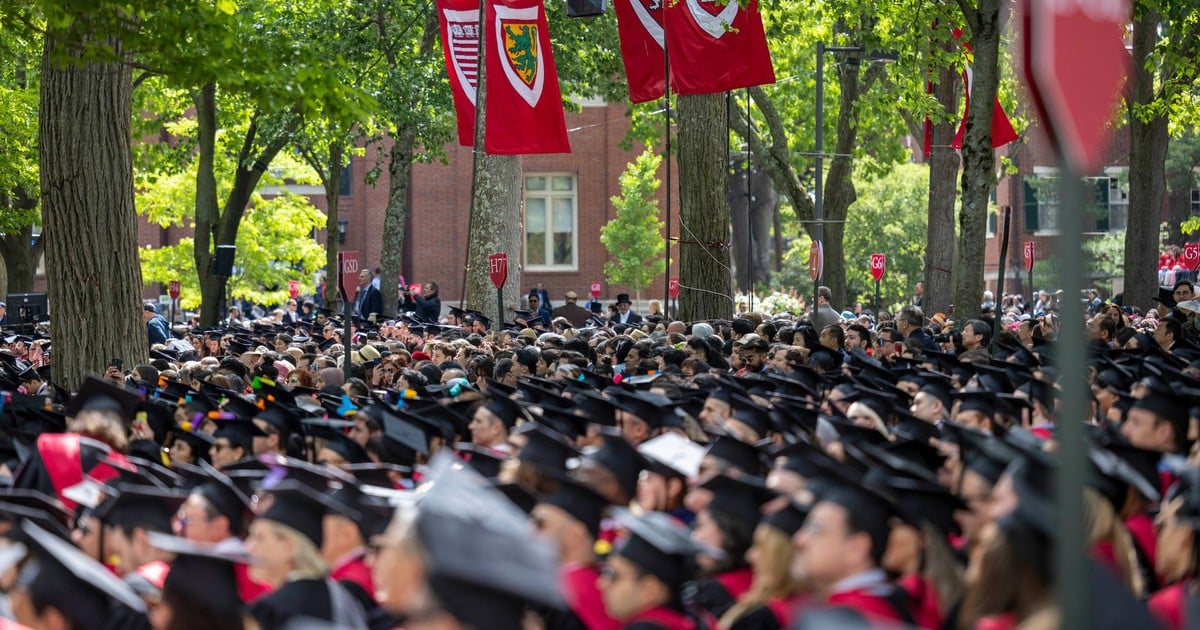












































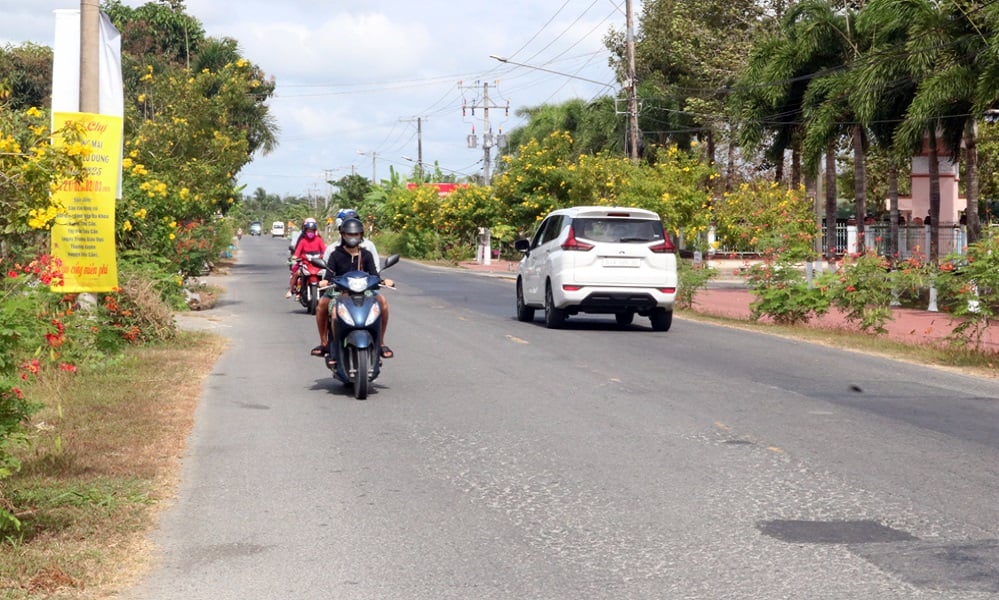
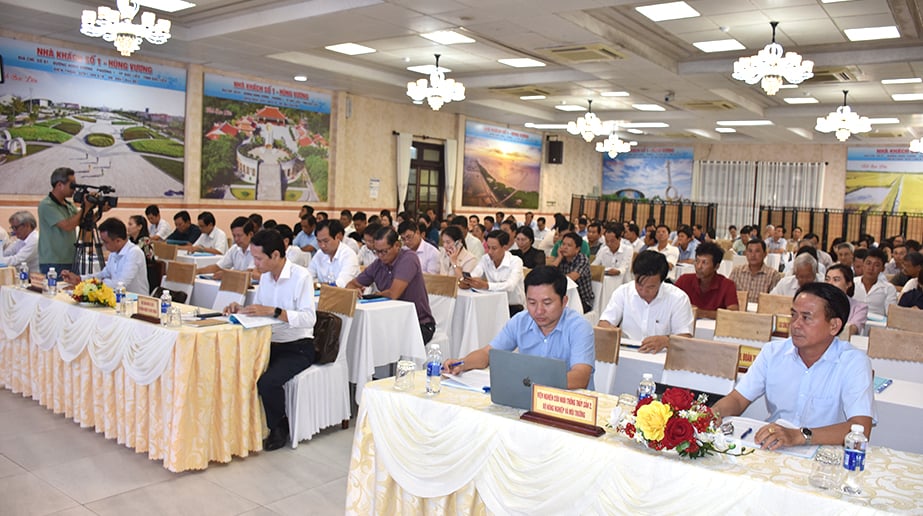
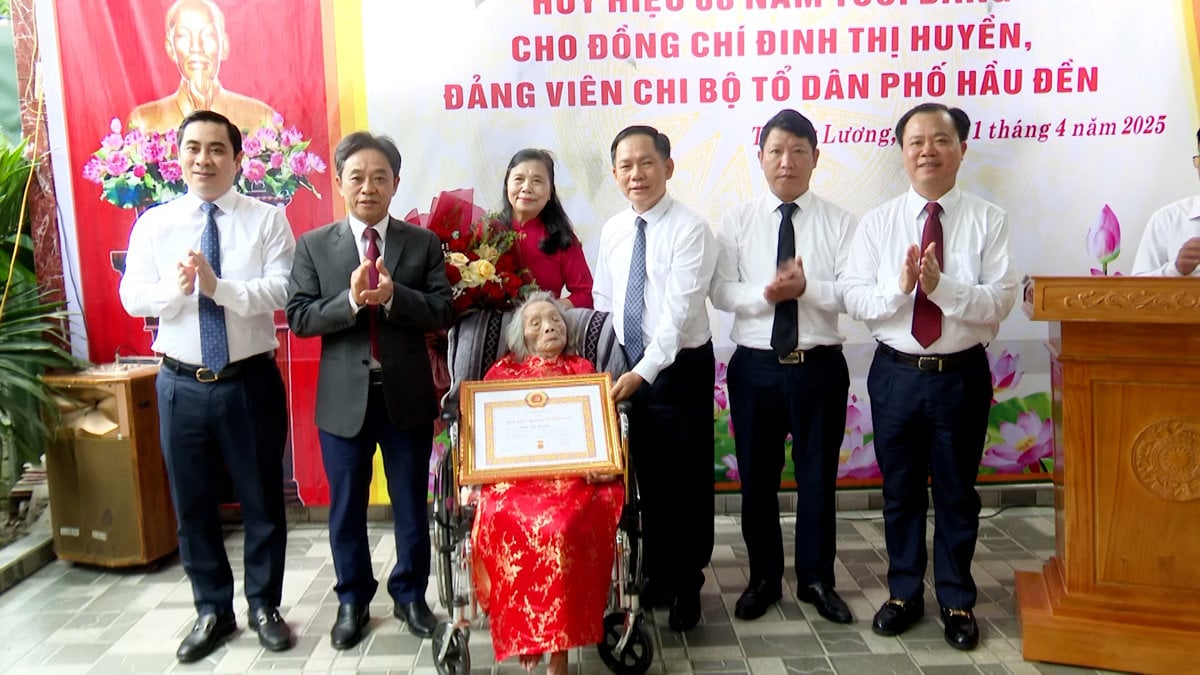


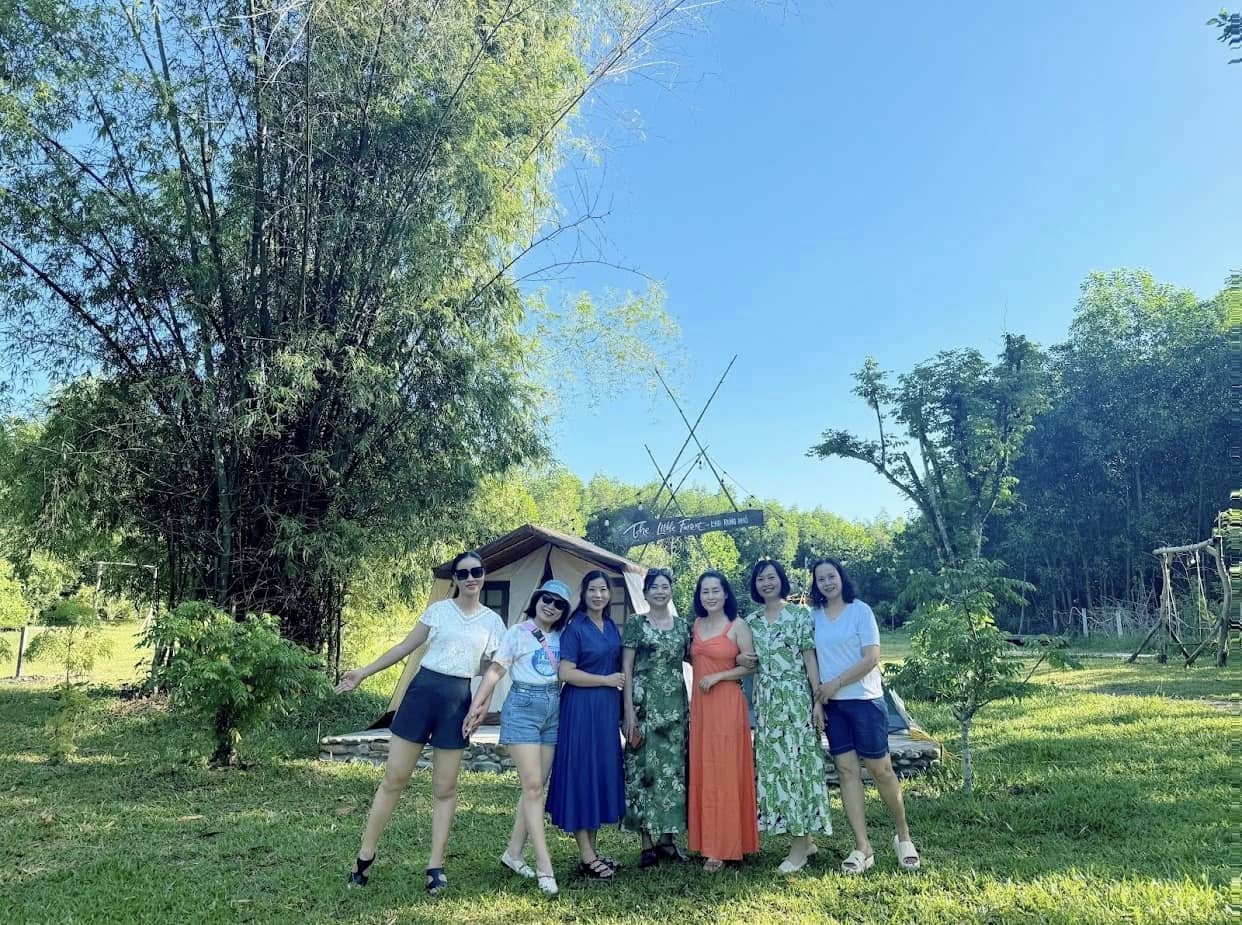














Comment (0)